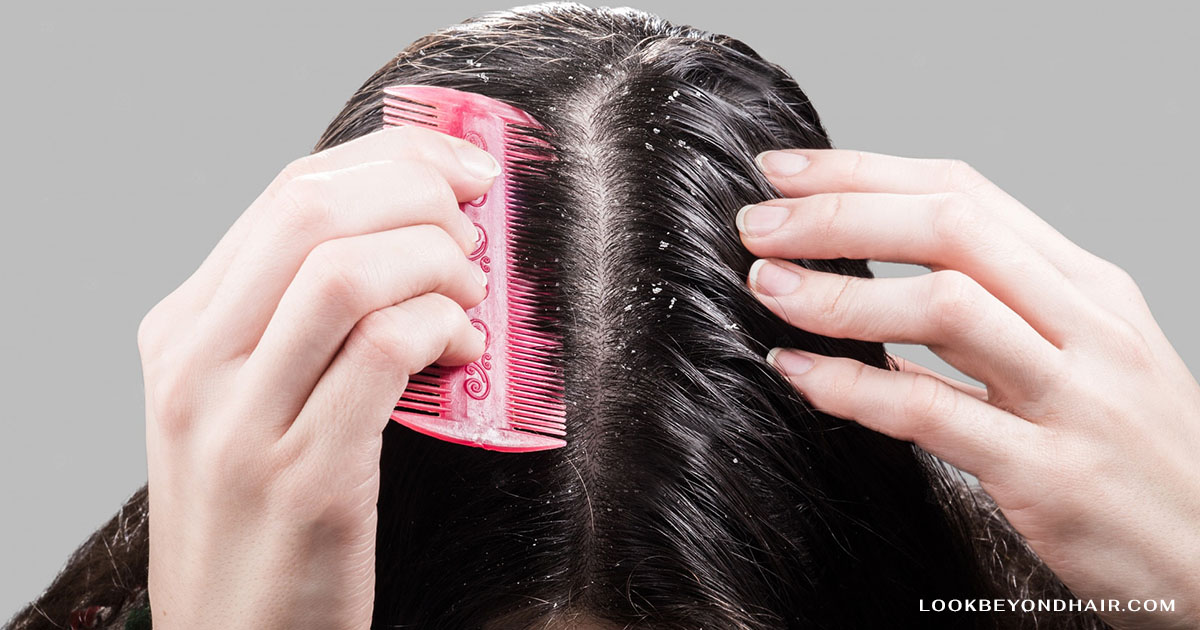
Our scalp is not just the foundation for beautiful hair; it also plays a crucial role in our overall hair health. Fungal infections on the scalp, like dandruff or ringworm, can disrupt our hair’s natural beauty and cause discomfort.
In this blog, we’ll explore who is most affected by scalp fungus, delve into nutrition and lifestyle factors that promote a healthy scalp, and offer preventive measures to keep fungal infections at bay.
1. Who is Most Affected by Scalp Fungal Infections?
Scalp fungal infections can impact people of all ages, but certain groups are more susceptible:
- Children and teenagers, especially those participating in close-contact activities or sharing personal items.
- Individuals with weakened immune systems or medical conditions that compromise their ability to fight off infections.
- People are living in humid environments where fungi thrive.
2. Nutrition for a Healthy Scalp
A nutrient-rich diet can significantly contribute to scalp health and help ward off fungal infections:
3. Lifestyle Factors for a Fungus-Free Scalp
Incorporate these lifestyle practices into your routine to maintain a healthy scalp:
4. Prevention Tips
Keep these preventive measures in mind to protect your scalp from fungal infections:
Conclusion
Your scalp deserves the same attention and care you give to your hair. You can maintain a healthy and vibrant scalp by adopting a nutrient-rich diet, prioritizing scalp hygiene, and avoiding factors contributing to fungal growth. Embrace preventive measures and nourishing habits to achieve a fungus-free scalp, ensuring your hair stays luscious, and your scalp remains itch-free. Remember, a little care goes a long way in keeping your scalp happy and healthy!
Hope you enjoyed it!
Marcey, XOXO
DISCLAIMER: The content in this blog is for informational purposes only. And not intended to diagnose, treat, cure, or prevent any medical condition or replace your healthcare professional’s advice and guidance. If you suspect a medical condition, please seek medical attention immediately.
You may also enjoy reading: Sea Moss Delight: Unraveling The Nutritional Marvel Of Nature’s Bounty

